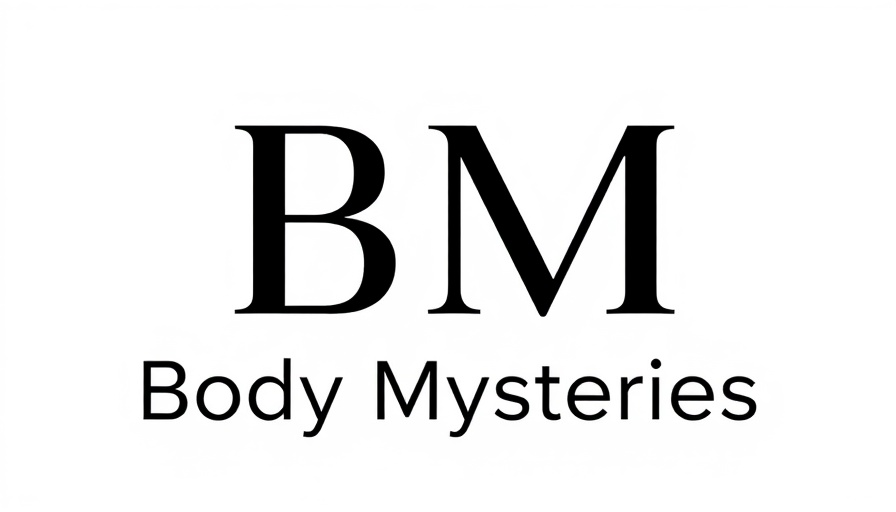
Understanding the Essentials of Weight Loss Management
Weight loss management is a journey that goes beyond just shedding pounds; it's about cultivating lasting habits that enhance your overall well-being. The core components of effective weight loss management revolve around healthy eating, regular physical activity, and making constructive behavioral changes, all rooted in caring for your physical, emotional, and mental health.
Healthy Eating: The Foundation of Weight Management
One of the pivotal elements in weight loss management is adopting healthy eating habits. This doesn't mean skimping on your favorite foods but rather enjoying them in moderation while prioritizing nutrient-rich options. Portion control is key; overindulgence, even with wholesome foods, can sabotage your efforts. Filling your plate with whole foods—like vibrant vegetables, fruits, lean proteins, and whole grains—will keep you satisfied, nourished, and help curb cravings.
Reducing processed foods, which are often laden with sugars and unhealthy fats, can make a significant difference in your weight loss journey. An often-overlooked element is hydration; drinking sufficient water not only supports metabolism but also helps control hunger pangs. Consider meal prepping to save time during the week and help control calorie intake; knowing exactly what goes into your meals can empower healthier choices significantly.
Physical Activity: Moving Towards Success
Incorporating regular physical activity into your routine is crucial for achieving weight loss goals. Aim for at least 150 minutes of moderate cardio weekly—this can include enjoyable activities like walking, biking, or swimming, which not only burn calories but benefit heart health and boost mood. Furthermore, integrating strength training into your routine is invaluable. It not only helps build lean muscle but also enhances your basal metabolic rate, aiding in weight maintenance.
Remember, it’s not just about intensity; consistency matters more. Find exercises you truly enjoy—whether it’s yoga, hiking, or dancing—and make them a vital part of your lifestyle. This approach ensures that your fitness journey remains engaging and, most importantly, sustainable.
Behavioral Changes: Setting Up for Lasting Success
To truly succeed in weight management, behavioral changes are necessary. Setting small, realistic goals can keep you motivated and prevent feelings of overwhelm. Instead of drastically aiming to shed multiple pounds in one go, target a steady loss of about 1-2 pounds a week, which is both safe and achievable.
Keeping a food and activity journal can be incredibly insightful as it fosters accountability while providing a clearer picture of your habits. Emotional wellness is also pivotal; stress can lead to unhealthy eating habits, so exploring stress management techniques—be it meditation, deep breathing, or a favorite hobby—can diminish the impulse to seek comfort in food.
Additionally, getting enough sleep is paramount; it regulates the hormones that control hunger and satiety. Try to aim for a restful 7-9 hours each night, and consider surrounding yourself with a supportive community—friends or family who encourage your journey can be incredibly impactful.
Building Sustainable Habits: The Key to Long-term Well-Being
Your goal in weight management should be developing sustainable habits that fit your busy life. Instead of following restrictive fad diets, embrace a balanced approach that allows for flexibility and enjoyment. Celebrate small victories along your journey, and remind yourself that setbacks are simply a natural part of any transformative process.
The excitement of enjoying nutritious foods and staying active should be the focus rather than a looming number on the scale. By fostering a positive relationship with food and your body, you can not only achieve your weight loss goals but cultivate a lifestyle conducive to long-term health and happiness.
Emotional and Mental Well-Being: A Vital Aspect of Weight Management
Weight loss is intrinsically tied to emotional and mental well-being. This makes understanding mental health a critical component of effective weight management. Engaging in activities that promote emotional wellness can significantly help mitigate stress and minimize triggers for emotional eating. Ensure you allocate time for self-care; whether that means enjoying a hobby, spending time outdoors, or practicing mindfulness, nurturing your mental state will create a balanced approach to weight loss.
Emphasizing mental and emotional health helps build resilience against the occasional setbacks. Acknowledging how you feel in different situations can substantially change how you approach food and exercise. The journey is multifaceted and includes not just the physical element, but also nurturing your spirit and emotions.
Your Path Forward: Take Charge of Your Health!
Incorporating these principles into your daily life can propel you toward your weight loss goals while fostering a high quality of life. Remember, it’s not solely about the pounds you drop but a holistic approach that encompasses health and wellness in all facets—including physical, mental, and emotional. Celebrate your progress, embrace the process, and commit to lifelong changes that honor your health journey.
If you're looking to further enhance your health and wellness, consider exploring local wellness centers or speaking to health professionals. They can offer tailored strategies and support that suits your individual needs. By taking proactive steps today, you can achieve the balance and well-being you deserve.
 Add Row
Add Row  Add
Add 



Write A Comment